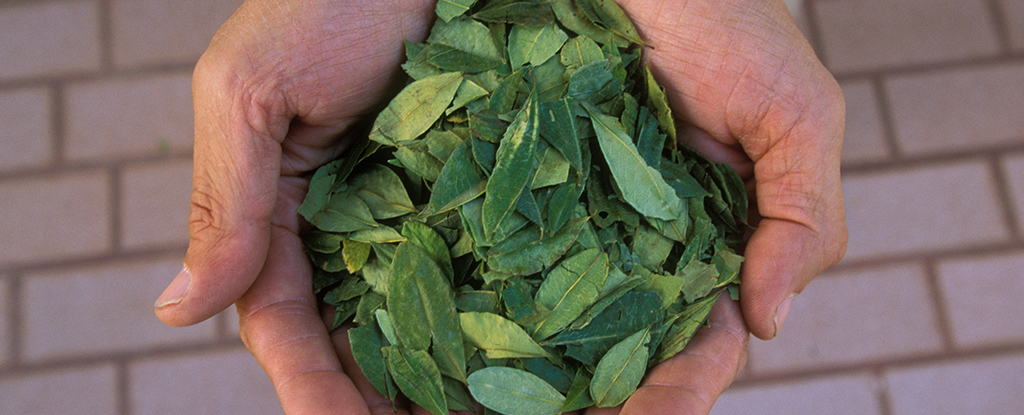found this from ages ago...in dutch passion
cannabis could be genetically modified in a way which would selectively favour production of certain
cannabinoid compounds. Natural marijuana produces over 85 different cannabinoid compounds of which
THC is the most abundant. Cannabinoids are the only compounds that work in conjunction with the
human cannabinoid receptors. Sooner or later people will understand the precise role of each of the cannabinoid family and that will allow a second generation of cannabis medicines to be created. These they will use selective groups of cannabinoids or even individual ones, for highly specific medical purposes.
I expect the pharmaceutical companies will invest heavily to genetically engineer a cannabis strain that yields ultra high levels of the whole spectrum of cannabinoid chemicals. The aim will be to extract and isolate them into individual cannabinoids on an industrial scale using thousands of tons of bud. Once individual cannabinoids are isolated I expect they will find their way into pills for very specific medical purposes. This is the best way for pharma companies to remove the ‘threat’ of homegrown weed, they will simply say that their preparations are more effective because they are more sophisticated.
and this from nature.com
Commercial interest in these strategies is picking up. In 2018, for example, Canopy Growth Corporation in Smiths Falls, Canada — the largest legal cannabis company in the world — paid more than US$300 million in cash and shares to acquire Ebbu, a small company in Evergreen, Colorado, that had developed one of the earliest platforms for manipulating the cannabis genome with the gene-editing system CRISPR–Cas9. And in April, Zenabis, a cannabis producer based in Vancouver, Canada, agreed to purchase 36 tonnes of almost-pure, bacterial-made CBD from medical-cannabis company Farmako in Frankfurt, Germany — the first deal of its kind for biosynthetic cannabinoids.
David Kideckel, a cannabis analyst with financial-services company AltaCorp Capital in Toronto, Canada, describes genetic engineering as a “disrupter” that promises to take a centuries-old agricultural practice into the biotechnology era, with the resulting ripples being felt throughout the cannabis sector worldwide. When it comes to producing cannabis extracts, plants could be supplanted by microbes, and a greater range of cannabinoids could become available for use in medical and recreational products.
If that happens, the iconic cannabis leaf would no longer accurately represent where the active ingredients come from. Instead, a stainless steel bioreactor might be more apt.
Cooking up cannabinoids
Part of the appeal of ditching greenhouses for bioreactors boils down to cost. Currently, 1 kilogram of high-quality CBD extracted from plants sells for a wholesale price of more than $5,000. A deal in 2018 between Ginkgo Bioworks, a synthetic-biology company in Boston, Massachusetts, and Cronos Group, a Toronto-based cannabis producer, outlines a plan to manufacture pure CBD and other cannabinoids for less than $1,000 per kg in yeast.
 but I've been wondering for a few days now after watching un natural selection on netflix.
but I've been wondering for a few days now after watching un natural selection on netflix.





